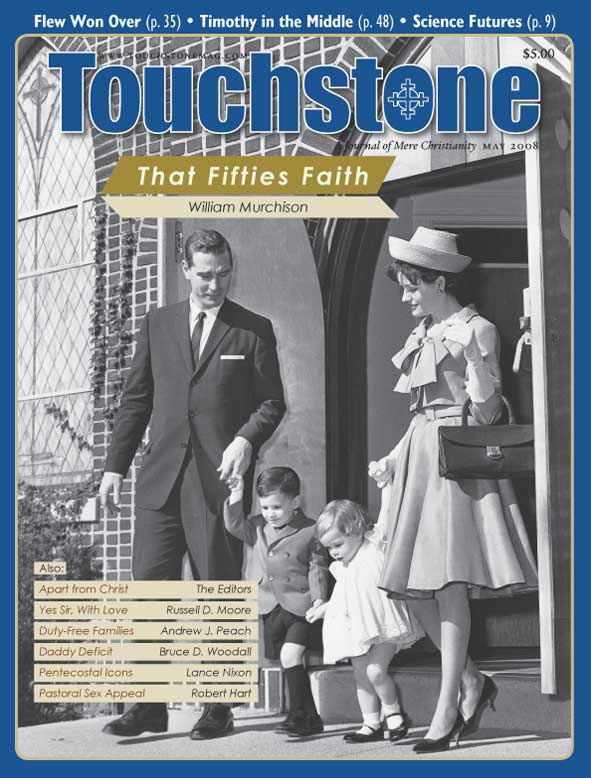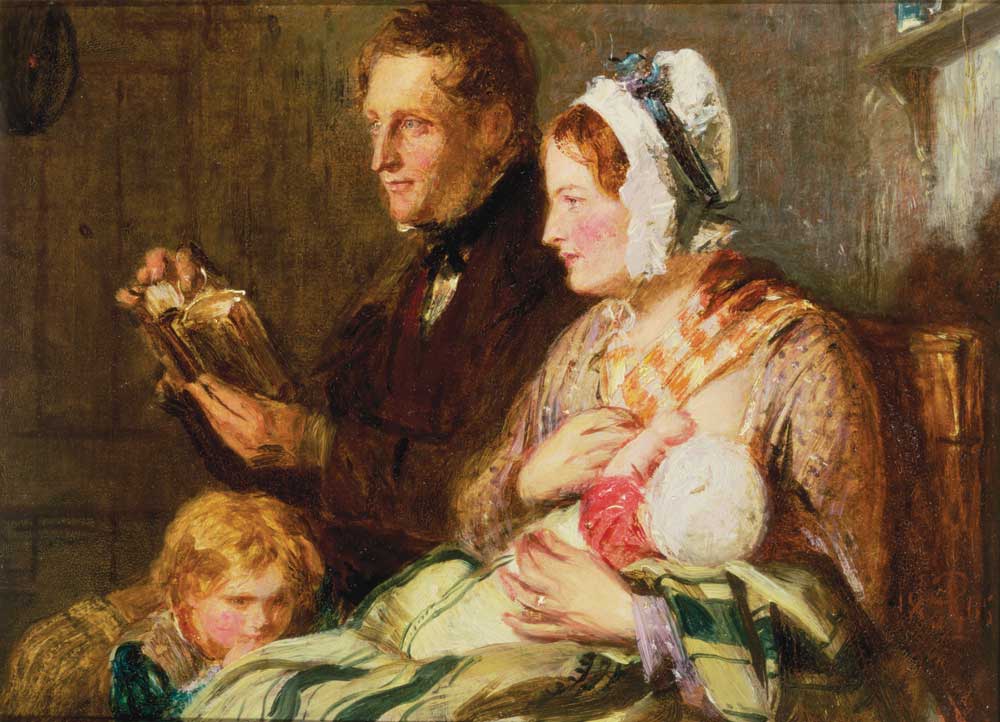Without the Cornerstone
When Secular Builders Labor in Vain
“Take him away!” So said the crowds that bullied Pontius Pilate into surrendering to their judgment a man he knew was innocent. Not that Pilate required much persuading. But suppose man could have done just what the crowds were crying for. Suppose we take Jesus away? What does the world look like, if we take him away?
It is not easy to imagine the non-existence of the most influential man in the history of the world. Imagine, by contrast, what would have happened if Mohammed had died as a young trader in the desert, or if he had not had epileptic seizures, or if he had never been born. North Africa and the Middle East might not now be hot-spots of armed conflict. Perhaps Western and Eastern Christianity would not have gone their (partly) separate ways. Perhaps Tripoli and Alexandria would look like Brussels and Paris. Perhaps, but perhaps not.
But if Jesus had never lived?
A Hazy Belief
Consider just the idea that all men are brothers, so obvious to us that we think of it as a belief all reasonable men must share.
This idea could be found in the wheezing and creaking Greco-Roman world—in Plato, in Epictetus, in Marcus Aurelius—yet somehow the idea, in ancient Greece and Rome, remained largely theoretical and hazy. It found little play in one’s daily life. Apparently it could be held, theoretically and hazily, by many a slave owner. And there were, of course, other philosophers who disagreed.
It is true that Stoicism had slowly introduced the idea of the common humanity of slave and owner, and that laws punishing cruelty to slaves had become wellestablished in the first century of the Roman Empire. It is true, too, that many slaves rose to positions of great authority in the imperial bureaucracy, and that the philosopher-slave Epictetus was, in his day, quite a celebrity.
Yet slavery was not about to disappear any time soon. The grain fields depended too heavily upon it, as did the quarries and the mines. Slaves were too important to the comfort of those who made the laws.
And the Greeks and Romans had, other than those hazy and theoretical ideas, no real reason to think the slave was anything but a slave. He might have great authority, or even become a celebrity, if he was good at doing what he was told to do, but he was still essentially, naturally, properly, a slave.
Anthony Esolen is Distinguished Professor of Humanities at Thales College and the author of over 30 books, including Real Music: A Guide to the Timeless Hymns of the Church (Tan, with a CD), Out of the Ashes: Rebuilding American Culture (Regnery), and The Hundredfold: Songs for the Lord (Ignatius). He has also translated Dante’s Divine Comedy (Random House) and, with his wife Debra, publishes the web magazine Word and Song (anthonyesolen.substack.com). He is a senior editor of Touchstone.
bulk subscriptions
Order Touchstone subscriptions in bulk and save $10 per sub! Each subscription includes 6 issues of Touchstone plus full online access to touchstonemag.com—including archives, videos, and pdf downloads of recent issues for only $29.95 each! Great for churches or study groups.
Transactions will be processed on a secure server.
more from the online archives
calling all readers
Please Donate
"There are magazines worth reading but few worth saving . . . Touchstone is just such a magazine."
—Alice von Hildebrand
"Here we do not concede one square millimeter of territory to falsehood, folly, contemporary sentimentality, or fashion. We speak the truth, and let God be our judge. . . . Touchstone is the one committedly Christian conservative journal."
—Anthony Esolen, Touchstone senior editor











